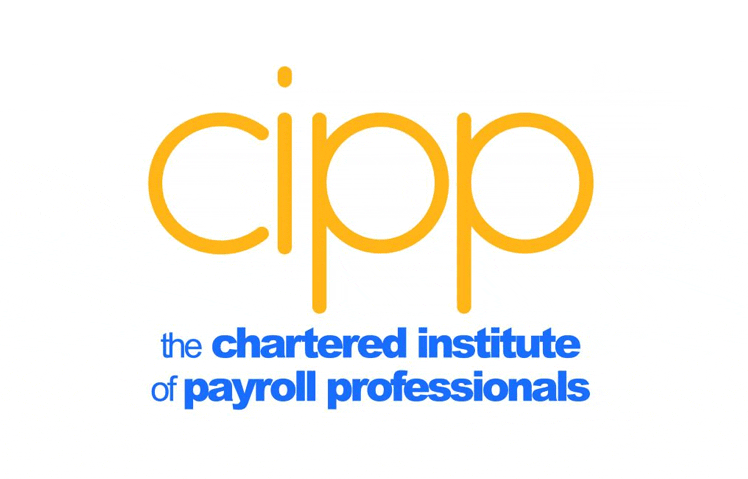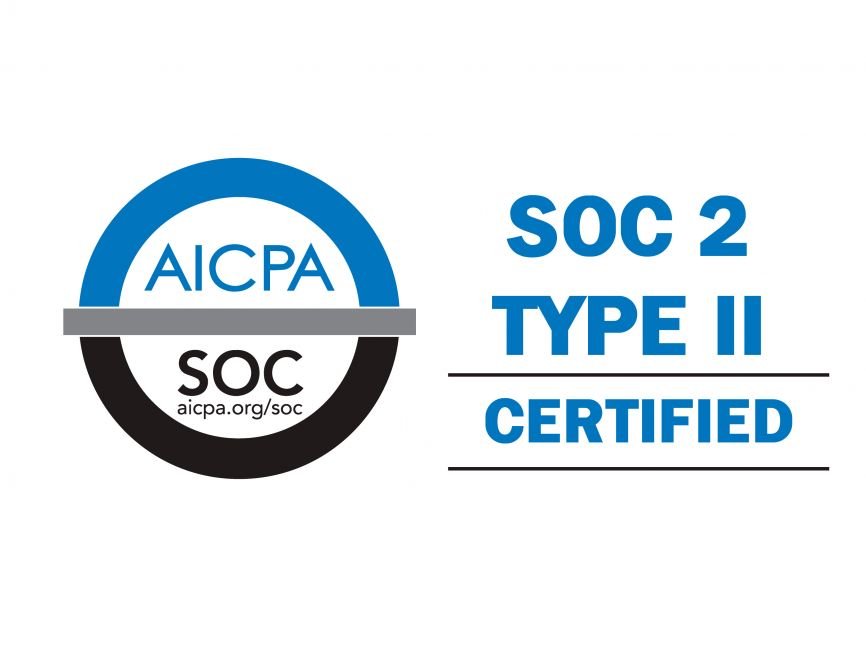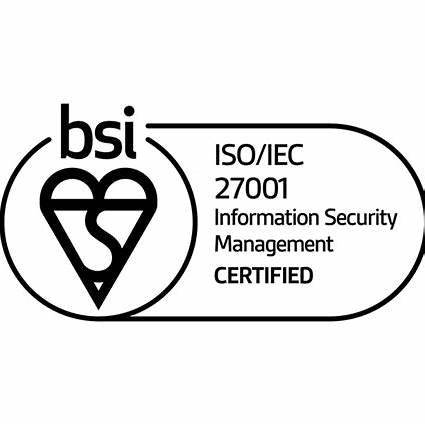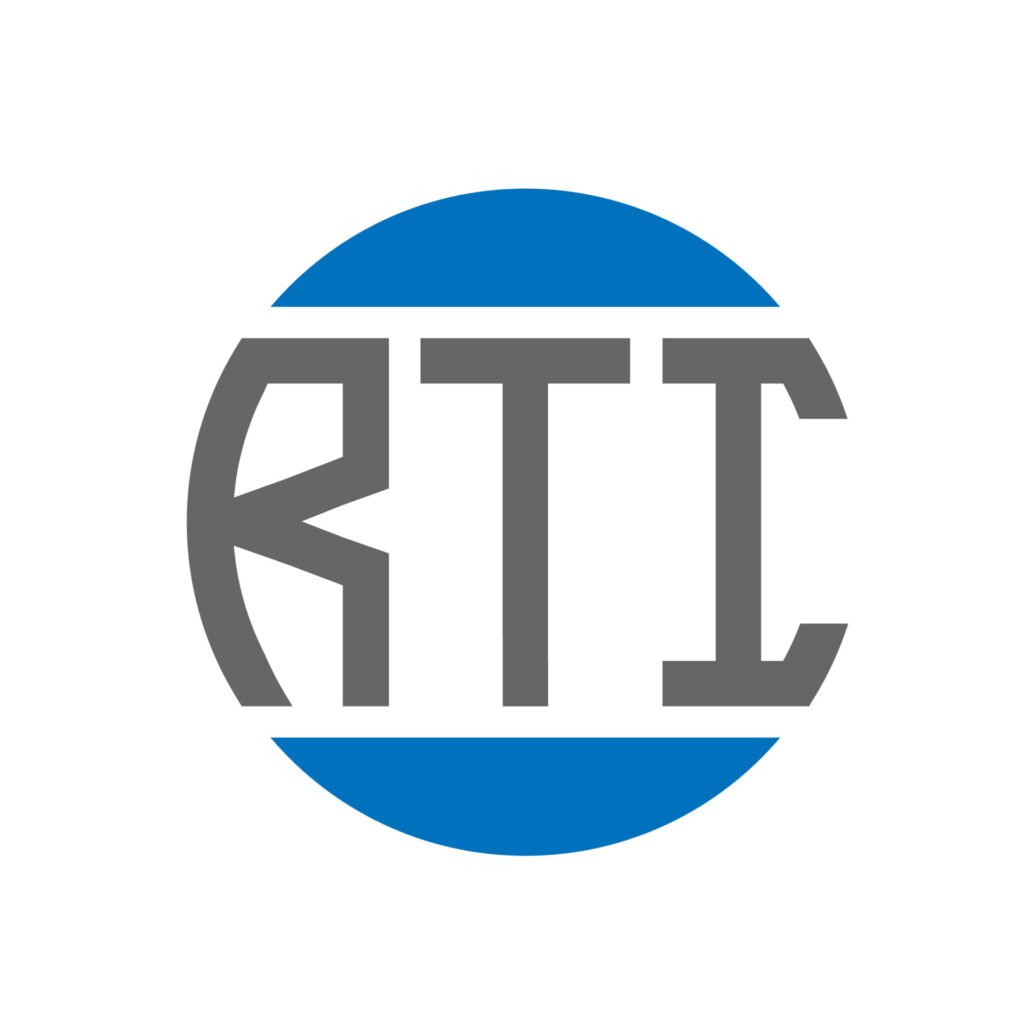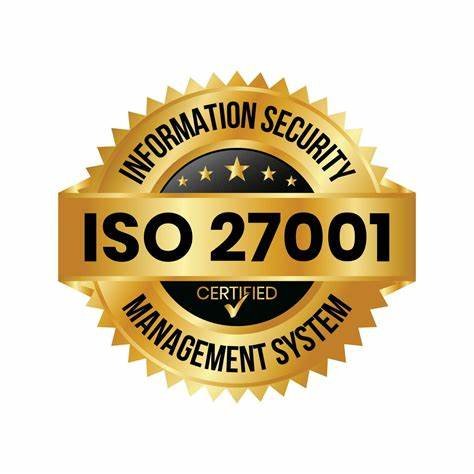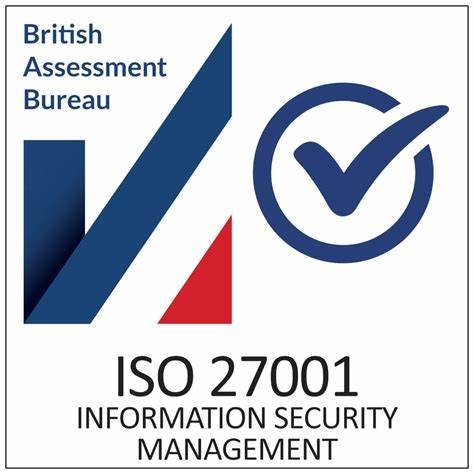Legislation & Compliance
Essential UK Payroll Rules for Businesses
At Mars Payroll, we ensure you stay compliant with all relevant UK employment and tax legislation. We cover IR35, CIS, PAYE, RTI reporting, and pension auto enrolment. Our expert team navigates changes, manages filings, and protects your business from fines and compliance risks.
Off Payroll Working Rules (2025 Onwards)
IR35
- From April 2021 onward, IR35 status in public sector and larger private sector contracts must be determined by the client (not the contractor). Penalties apply if incorrect. Monthly company size thresholds that determine client responsibility will not affect most clients until April 2026–27.
- If IR35 applies, income is treated as employment income: paid via PAYE, with tax, employee & employer NI, and Apprenticeship Levy deducted accordingly.
- Status Determination Statements (SDS) must be issued to both contractor and agency with clear reasoning.
- Small companies (as defined by the Companies Act) are exempt from status responsibility until April 2026–27.


CIS
- All contractors who pay subcontractors for construction-related work must register for CIS via HMRC (new rule from April 2025 applies to businesses spending over £3M on construction).
- Contractors must verify subcontractor status, apply correct deduction rates (20% registered, 30% otherwise), issue monthly deduction statements, submit CIS 300 returns, and retain records for a minimum of 3 years.
- Materials and VAT are excluded from CIS deductions, but labour and related charges are included.
- Subcontractors can apply for gross payment status to receive full payment without deduction, subject to HMRC approval.
PAYE & RTI
- All employee earnings, tax, National Insurance contributions, and benefit deductions must be reported via Real Time Information (RTI) on or before each pay date using recognised payroll software.
- Statutory benefits (SSP, SMP, SPP, pension contributions) must be correctly calculated and included in RTI reports.
- HMRC requires use of recognised payroll software capable of accurate coding, tax band application, and audit tracking.
- P60s and P11Ds must be filed correctly each year, and leaver status updates must be submitted promptly.
- Late RTI filing may result in automatic penalties unless a reasonable excuse is accepted by HMRC.


Pension Auto Enrolment
- Employers must automatically enrol employees aged 22 to state pension age earning over £10,000/year (£833/month or £192/week) into a qualified pension scheme, contributing at least 3% (employer) and 5% (employee).
- Employers must re-enrol eligible leavers every 3 years, issue statutory communications within 6 weeks, and submit a declaration of compliance within 5 months of duties start date.
- Re-enrolment must occur every 3 years; compliance declaration must be submitted within 5 months.
- Opt-out and refund handling must be documented, with clear timelines for each stage.
Legislation & Compliance
Keeping Your Business Aligned with UK Payroll Law
At Mars Payroll, we simplify complex compliance so you can operate with confidence. From IR35 and CIS to PAYE, RTI, pensions and auto enrolment, our experts ensure every aspect of your payroll process follows the latest HMRC legislation. Use the guide below to explore the most important rules you need to be aware of. Each backed by current guidance and supported by our team.


Let’s Get Started Together!
Get in touch today to discover how our tailored payroll solutions. Whether Umbrella, CIS, PAYE, or Hybrid can streamline your operations, ensure compliance, and boost efficiency. Complete the form, and one of our expert advisers will contact you within one business day to guide your journey.



